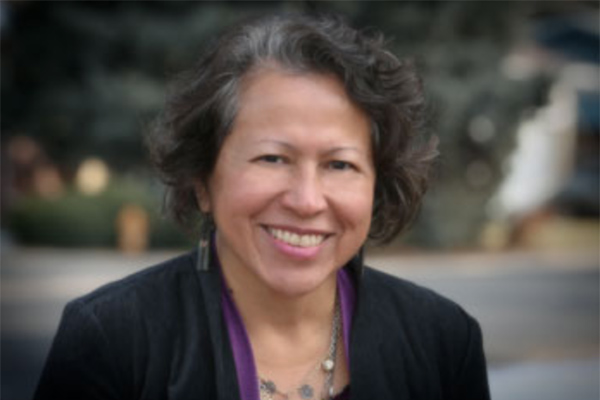Dr. Lydia Prado, Vice President of Child and Family Services
Designing Something New by Integrating Cultural Competence
Hailing from Los Angeles’ East Side, Lydia Prado grew up feeling culturally enriched, speaking both English and Spanish, and thriving in a community where she was surrounded by many talented, creative and resilient people. When she left to attend college, she was surprised to learn that the mainstream and academic view of her community was filtered through a lens of deficits rather than strengths. She earned her doctorate at the University of Denver and later served on its faculty. Today, as Vice President of Child and Family Services at the WellPower, Dr. Prado weaves together evidence-based best practices with respect and understanding of diverse cultural strengths to develop more effective, holistic approaches to services. She is directing the development of the new Dahlia Campus for Health and Well-Being which will embody this integrated strategy. It will open in 2015.
When I finished my undergraduate degree, I chose to attend graduate school in clinical psychology rather than going to medical school. I was drawn to research because my life experiences did not jive with what I was learning in the classroom. A research doctorate would get me closer to reconciling these seemingly opposing worldviews.
I focused my graduate work on strength-based interventions with particular attention to embedding cross-cultural lenses. I valued cultural competence, believing you have to make any strategy in prevention and intervention meaningful to the folks you are serving. For example, there are abundant ways to raise healthy children, so we have had to learn how to modify and revise best practices to work with different populations with different strengths and ways of being. In my academic experience, I saw programs typically developed based on the cultural majority—a well-resourced nuclear family model with an emphasis on autonomy, independence and individualization. This is but one version of mental health.
As we build the new Dahlia Campus for Health and Well-Being, we have the opportunity to truly collaborate across cultures. We are taking the best of academia, cultural competence expertise, community-based participatory research practices and community experience and input to design something new. We are leveraging multiple partners to build a campus that will resonate with the community, staff, our whole organization and the mental health field overall.
We have to get beyond fracturing care. This is our opportunity to be less narrow and more integrative in our approach. We have broken ground following two years of conversations with, and lots of listening to, natural leaders in the community, neighbors, and resident groups invested in the community. There are many strengths to build on and amazing things are happening.
The Dahlia Campus will have many doors to walk through, even a garden and greenhouse. We want to support families and individuals comprehensively, so we have to think about the food people are eating, the means by which they arrive, the precautions taken for their safety, and the most appropriate level of care. It’s about overall well-being. What we hope to see are healthier children, healthier families, healthier neighbors, and a thriving community. We don’t know of anything else quite like it.


